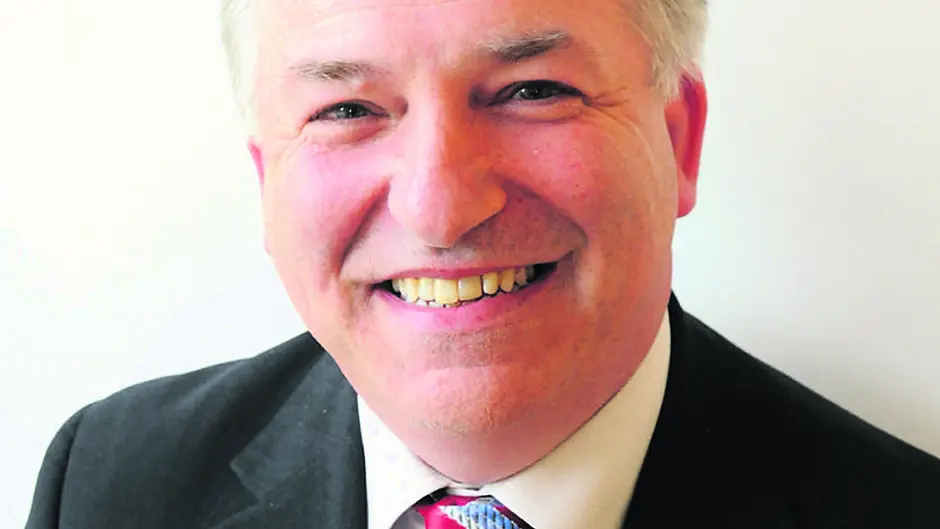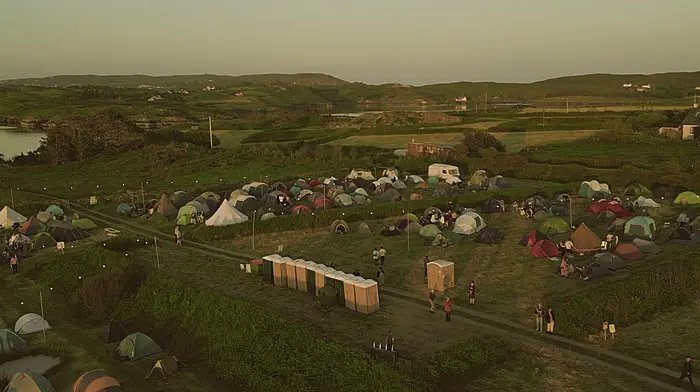RECENT remarks by Teagasc director, Prof Gerry Boyle, regarding Ireland’s dairy industry raise some important questions as to the role and remit of the State’s agricultural research, advisory and training service, according to An Taisce.
Speaking at a recent graduation ceremony at Ballyhaise Agricultural College, Prof Boyle was quoted as saying: ‘We don’t want quotas coming in by the back door, particularly in dairy, and that is the risk. You only have to go the North of Ireland to see what a restriction in relation to ammonia has done (in putting) the brakes on developing a dairy industry.
‘We are far better off if we control the agenda down here. We have the technologies but now need farmers to engage with them.’
The principal functions of Teagasc as set out in the Agriculture (Research, Training and Advice) Act 1988 are to provide education, training and advisory services and to pass on ‘the scientific and practical information in relation to agriculture required by it. It also has a role in promoting agricultural research and development.
‘Nowhere in its mandate is Teagasc charged with lobbying on behalf of one agricultural sector versus another, but in Prof Boyle’s recent remarks, we believe he has strayed well beyond Teagasc’s legal remit and into the realm of agri-politics,’ according to a spokesperson for An Taisce.
Further, Prof Boyle argued that economic sustainability comes ‘first and foremost’ for the agriculture industry, and therefore overrules any environmental concerns. This too is a political statement, well beyond the remit of Teagasc to make, says An Taisce.
It is nonetheless of concern that Teagasc’s director has chosen to engage in what sounds like public advocacy work for the expansionist dairy sector,’ said the spokesperson.
‘Rather than facing up to the need for agriculture to achieve the modest 10 to 15% emissions cut the sector has been mandated, Prof Boyle is instead making excuses, claiming in essence that farmers have essentially no choice but to persist with expansion of carbon and pollution-intensive animal agriculture. This is absolutely not the case, and we are surprised to hear the director of the State’s agricultural research agency make such an argument, which again we believe is well beyond its remit”, the spokesperson for An Taisce added.
An Taisce noted that the 11-person Authority appointed by the Minister for Agriculture to oversee the operation of Teagasc is dominated by dairy farmers. Five of the 11 people on the board, including its chairman, are dairy farmers.
‘While this may of course be just a coincidence, it is nonetheless of concern that Teagasc’s director has chosen to engage in what sounds like public advocacy work for the expansionist dairy sector,’ said the spokesperson.
Teagasc appears to continue to reject the expert advice of the government’s Climate Change Advisory Council, which has recommended a halt in the expansion of the dairy herd and a reduction in the size of Ireland’s national herd.
‘Prof Boyle was recently quoted as expressing confidence that the State’s greenhouse gas abatement plan can be delivered and that we could achieve the mandated 10-15% cut in overall agricultural emissions by 2030, but Prof Boyle’s recent comments appear to be walking away from this commitment”, the spokesperson added.
An Taisce has now attempted to engage with Teagasc on two occasions, in 2017 and in 2019, to question the extreme weakness of their climate mitigation advice and apparent bias in favour of industrial agri-food production over farm and environmental sustainability. Teagasc has made no substantive reply to specific scientific and practical questions from An Taisce.









